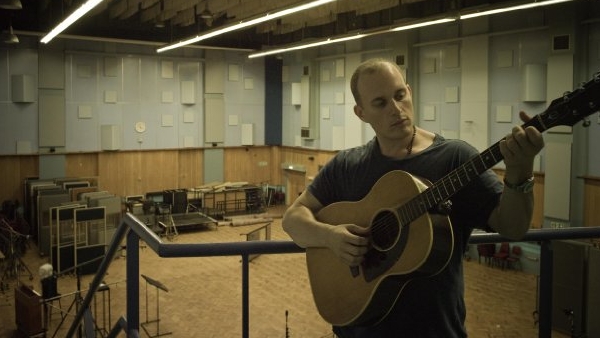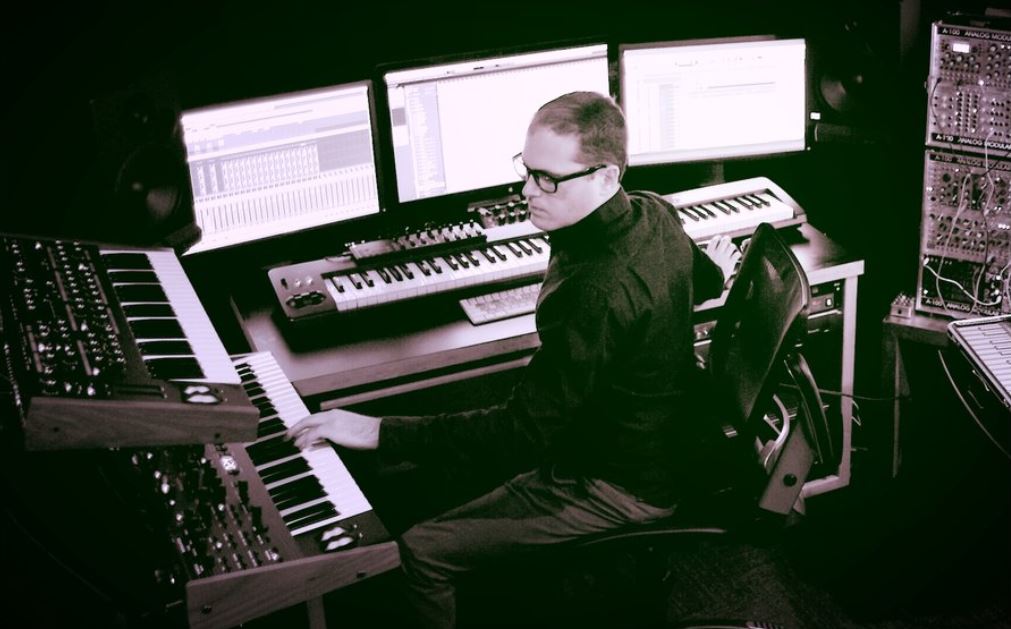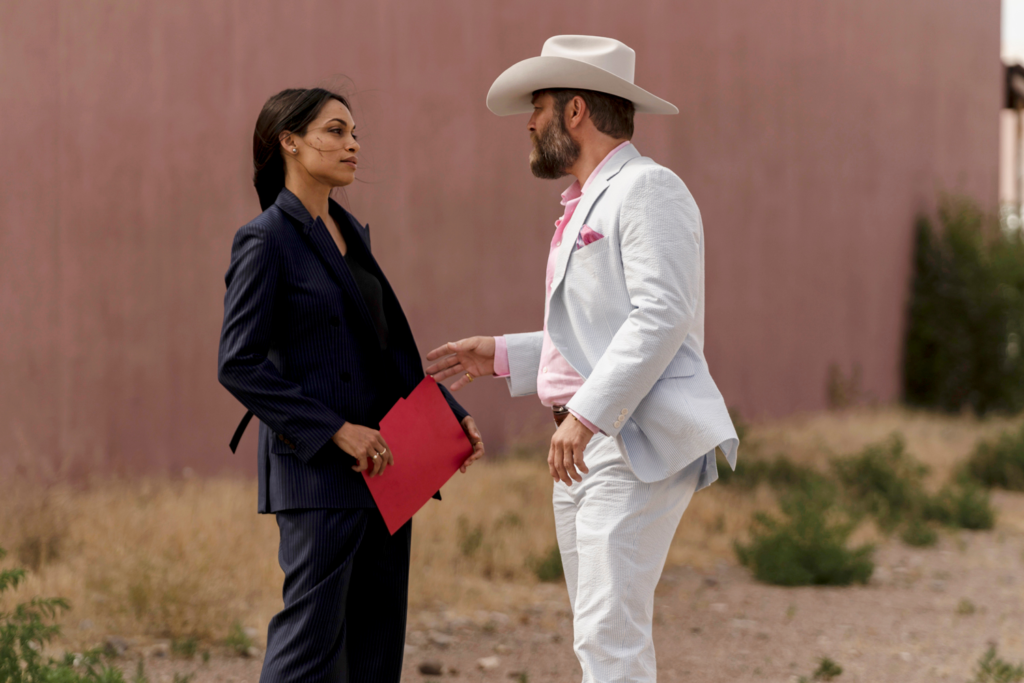
Composer Giancarlo Vulcano has years of experience in television writing music for long running series. The trick, so he tells us, is to have a system to getting his cues put together. As Michael Giacchino told us long ago, TV is a non-stop grind.
Writing music for film can be a thankless job. Moreover, what Vulcano shared with us is that the perception of being a composer doesn’t exactly line up with the reality. It’s still difficult using music to convey emotion that the audience should feel while looking at moving images, but the most comforting aspect of our exchange was that the creative process can yield many answers to a puzzle. It’s rare that any musician is able to “nail it” on the first go without breaking a sweat. The truth of this profession, like plenty other creative endeavors, is that it’s about finding solutions through experimentation.
His first job out of college was as music copyist at SNL for the Saturday Night Live Band. What seems like a lifetime ago (and that’s one fascinating follow up interview in which he worked with Howard Shore and Martin Scorsese) his collaboration with Jeff Richmond during the Tina Fey years (he is her husband) helped open the door to 30 Rock.
Vulcano’s latest work is for the USA Network show Briarpatch, the brainchild of Andy Greenwald which is Executive produced by Sam Esmail (Mr. Robot). The show feels like a Western that could happen in a saloon, but Andy makes it so the whole town is the saloon. It’s a surreal trip. So, until the show airs next month, please allow us to introduce you to Giancarlo.
GoSeeTalk: When you tell a story set in a specific geographic location, in this case a fictitious Texas town, what kind of regional flair do you add to your music?
Giancarlo Vulcano: When I read the script, it had an atmosphere of the Southwest, but the cool thing is that there’s some surrealism in the show and elements of film noir, but while I’ve never been to Texas, I perceived there was a Texas flavor to it. All these things came through in the pilot, and it really spoke to me so I was able to write a bunch of music just based on the storytelling and the mood that Andy Greenwald put together.
Does the pilot dictate the rules of the show, or can each episode be its own standalone experience?
We established a lot in the first episode, and set the tone musically. I had written a bunch of big themes before they even started shooting. So before anyone was really working on the pilot, we had these broad themes that formed the larger thematic architecture . As the ten episodes progressed, we were able to take a particular area of the show and go deep into a certain character and his background. It’s one of these shows where you meet a lot of people in the first episode but you really learn more about them as the show moves on, and people aren’t what they seem. Andy has managed to make a deep story that feels three-dimensional, and like there’s always something to be uncovered and something just beyond the periphery.
When you work on TV, do you get more input from the show runner, or the director of each individual episode?
My interactions have mainly been with Andy, who is the show-runner, and I wrote the themes for him away from picture. I was really writing abstractly, so the music wasn’t tied to any timing or dramatic beats. It was meant to evoke what I wanted to say emotionally and I let the music take as much time as it needed. The first thing I sent to Andy was about 30 minutes and it was some very raw thematic material. He liked it so it gave us a vocabulary and allowed him to tell me “for this episode, we’re going to need more of what you did in that theme.” As the season went on, I always had a dialog with Andy, and the new music was based on the existing themes but the DNA of that first 30 minutes is spread through the entire first season. It was a very efficient way of communicating.
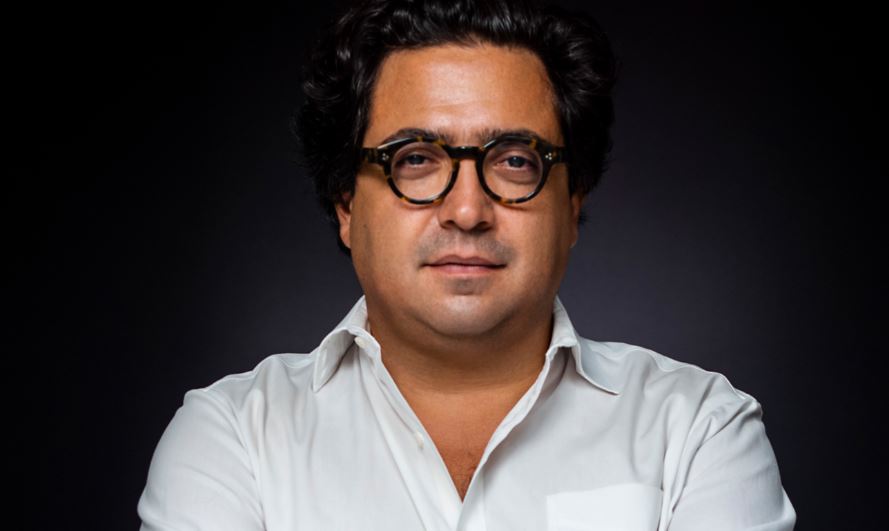
How do you decide what music overlaps to bridge things together, and what stops right at the end of a scene?
That’s a great question because there’s any number of ways to do these things. You can go over into the next scene, you can stop before it ends, and my process, frankly, involves a lot of trial and error. I can try something many different ways just to find out which hits me in the gut. Not intellectually, or based on any sense of rules, but just how it feels. I work through it like that to find my way. Where cues start and where they end, are such emotionally important choices because they can leave the viewer feeling very settled or very unsettled. You think about the mindset of the viewer and how you’re leaving them at a certain point in the show, and that affects how you resume with the next cue. All of this is done very consciously, but always using trial and error and trusting “happy accidents.”
I use that term a lot in the architecture and interior design business. Glad to know you don’t have this all figured out from the beginning.
I think few people do. I was talking to someone the other day about that. Sometimes the cue goes longer than I originally intended, and Andy might say, “no, that’s actually really good because it gives us something I wouldn’t have thought of otherwise.” It teaches me to be flexible enough to change my mind if something better comes along.
What I try to build into my writing process is some time to get away from the work which allows me to come back and hear it fresh. It gives me opportunities to fix something when I can step away and then come back to it again. It’s like a painter who paints close to the canvas and then steps back ten feet, having the ability to see something fresh is really important.
With the work you’ve done on 30 Rock, and The Unbreakable Kimmy Schmidt, you’re well-tuned to the needs of television music. Is there a trick to writing music quickly?
I’ve gotten good at knowing when something is a dead end. Earlier in my life, I would stubbornly hold on to an idea because I was sure it would work. Mostly, it was because after working on something for days, you hate to admit that it’s just not going anywhere . I’m realizing quicker that something isn’t working for a scene and to try something different. It also has to do with that idea of flexibility.A cue may not work here, but it could work somewhere else. We need to get what’s right for what’s in front of us, and if a better idea comes along, be willing to go with it. I’ve gotten better at wasting less time. You also want to say as much as possible with the least amount of notes, and to find the place where you can live cleanly under the dialog and the sound effects. I do write a lot of music, but part of my process is taking things away. I’m learning every day.
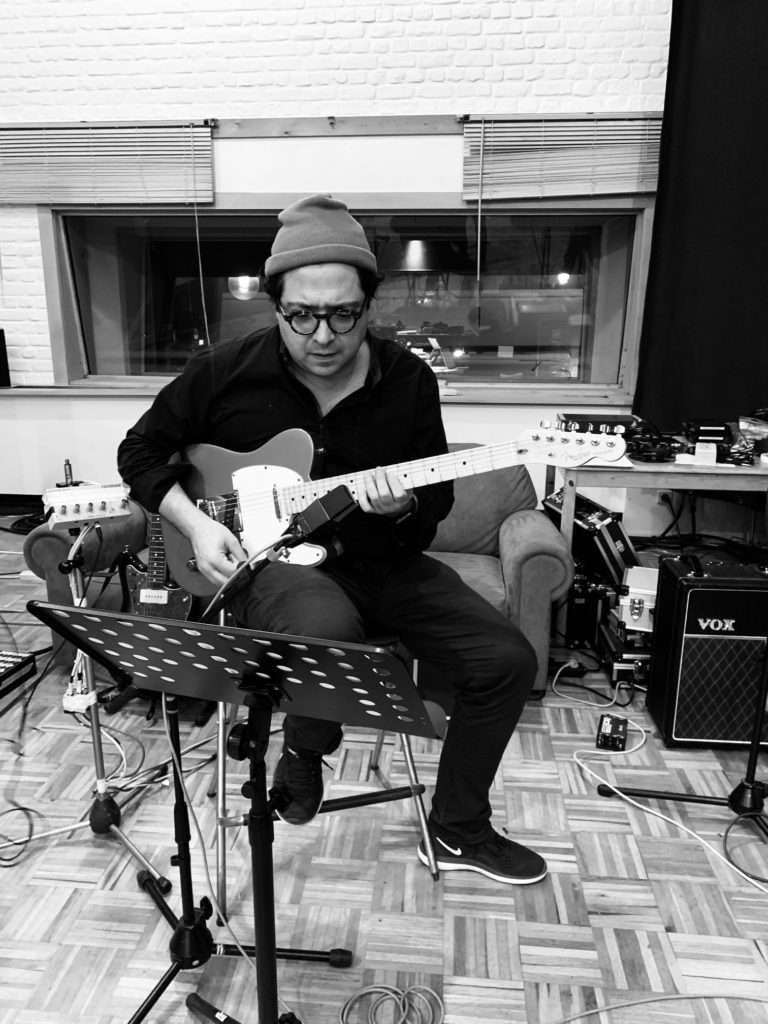
There’s a very fine line between sophisticated and boring. Could you imagine the balls John Williams had to say that his theme for Jaws was just two notes?
[Laughs] So many great themes are like that. I had a composition teacher who used to say that things should be simple but not simplistic. That’s a very good distinction. There’s nothing simplistic about simple music. And so much of the music that I love, especially in film and television music, is simple. It’s the knockout punch that a composer gives the audience with a minimum of material that’s so satisfying.
Given that the show has a lot going on – from the absurd humor to the surreal moments – what kind of freedom were you given? I think I heard a jaw harp in one scene.
I don’t actually have a jaw harp, but it probably sounded like one with what I have in my studio. Andy really pushed me to do some wild stuff, and he would ask for really surreal pieces. It was surreal but still within the world of the show. My first few passes weren’t wild enough so I started writing stuff that was really out there, and it was at the limits of craziness for me. Those ended up being the cues he liked, so Andy gave me a ton of space to try crazy stuff, especially during some long stretches of music with minimal dialog. I love the way this show is written, and I really love the big spaces he’s given me.
By seeing the show early, you get to enjoy the beats of the show before we do. Are there characters you think we’re going to love just as much as you do now?
I’ve always loved Rosario Dawson as an actor, and I think another one for me is Alan Cumming. But I won’t say too much. I think the question should be what character doesn’t draw me in. [Laughs] They all blend together so well.
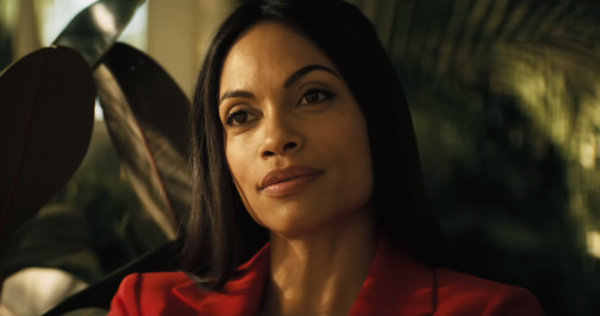
There’s a line in episode two where the doctor tells Rosario’s character that autopsies aren’t like they are on TV. So what’s the perception of your career and what is the reality?
Well I live in Brooklyn, so not all composers live in the Hollywood Hills. [Laughs] I think that what a lot of people don’t know is that I sit at a computer all day like so many other professions. I have very square hours. I get up early and most of my composing happens in the morning. It’s a very sedentary profession so I’m always trying to break it up to have a balanced life. I’m always trying to find ways to get out of the office and stretch my legs. The work is so pleasurable and I can’t tell you the number of days where I’ve been working and when I pick my head up, it’s dark.
There are a lot of creative aspects to this job, and inspiration plays a big part, but I’m always dealing with technical issues – storage issues, Dropbox, updates for a plugin which might conflict with something else – and so much of my day is focused on organization which is crucial to being a composer. Maybe people’s perception is that we’re just sitting here getting inspiration from looking at the clouds. We have to be very precise and organized. With the way shows are edited digitally there can be infinite versions of a cut and you have to stay on top of it to match the new duration of a scene. It’s a combination of precision, organization and inspiration.
Thanks for Giancarlo for his time. Briarpatch airs only on USA on February 6, 2020. You can hear more of Giancarlo’s music on his official site: https://www.giancarlovulcano.com
BRIARPATCH follows Allegra Dill (Dawson), a dogged investigator returning to her border-town Texas home after her sister is murdered. What begins as a search for a killer turns into an all-consuming fight to bring her corrupt hometown to its knees. The season celebrates the beloved genres represented by Thomas’ book — a stylish blend of crime and pulp fiction — while updating his sense of fun, danger and place for a new generation.

